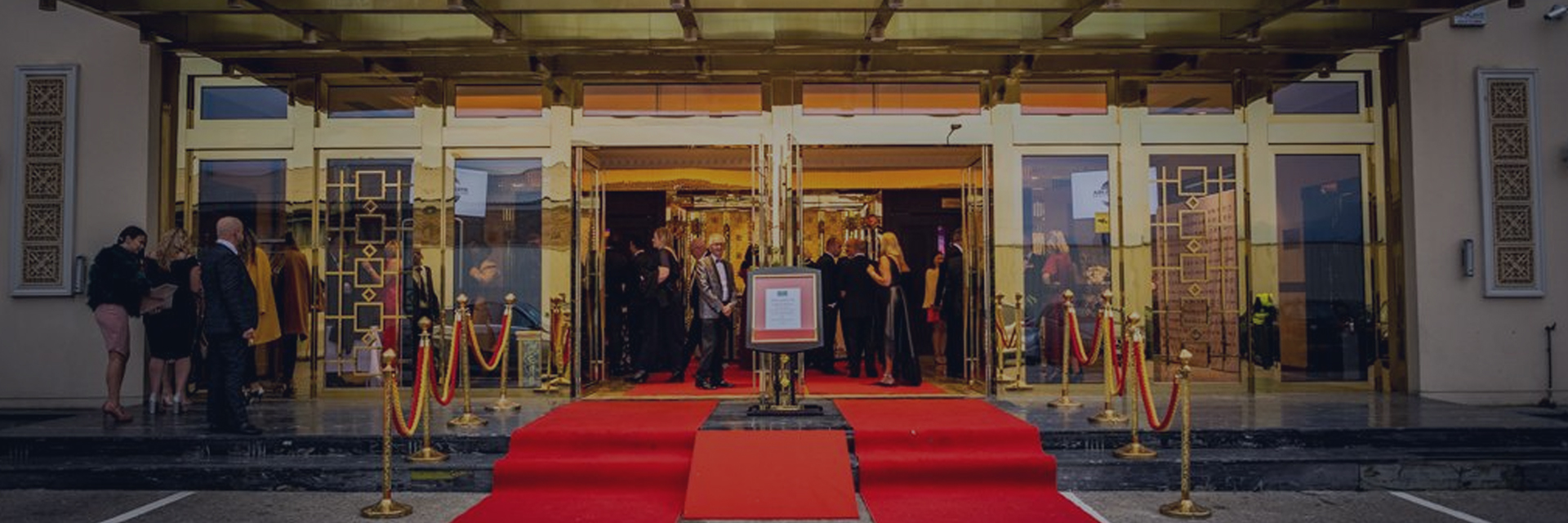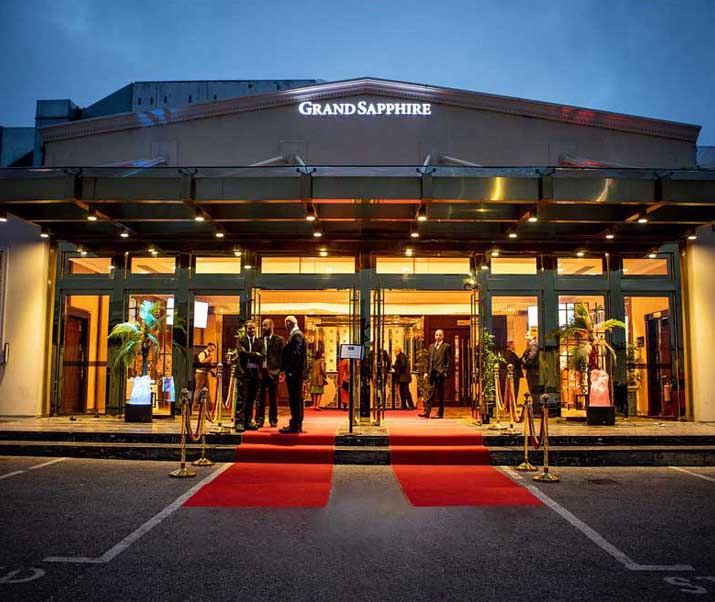Top 10 Tips to Choose the Right Venue for Your Event

Planning an event can be thrilling, but it also comes with its fair share of stress. Among the biggest decisions you’ll face is choosing the right venue, the place that will host your guests, set the mood, and quite literally bring your vision to life. Whether it’s a wedding, corporate conference, product launch, or birthday bash, your venue choice has the power to make or break your event.
To make the process smoother, we’ve put together a list of the top ten things you should keep in mind when selecting your event venue with expert insight and real-world practicality. Let’s dive in.
Know Your Numbers First
Before you even start looking at venues, it’s important to have an idea of how many people you’re expecting. The venue must be large enough to comfortably accommodate all your guests, but not so large that it feels empty. A packed room creates an atmosphere, while a half-empty space can feel awkward. Also, ensure the venue aligns with the type of event you’re hosting, a conference hall for a business event is very different from a countryside barn for a rustic wedding.
Set Your Budget and Stick to It
It’s tempting to fall in love with a glamorous location and stretch your finances but it’s wiser to have a clear budget range before shortlisting venues. Ask for an itemised list of costs upfront. Some venues appear affordable until you add in extras like audio-visual equipment, cleaning fees, corkage charges, or overtime penalties. Always ask what’s included and what costs extra so there are no unpleasant surprises down the line.
Location Matters More Than You Think
Think about your guests. Are they coming from out of town? If so, they’ll need easy access to hotels and transportation. Is there parking available or reliable public transport nearby? The ideal venue is not only appealing but also practical. You don’t want your guests to struggle just to get there. If it’s a local event, choose somewhere central or familiar, ideally where attendees won’t have to travel too far.
Check the Venue’s Layout and Flow
Some venues have awkward layouts that don’t work for every type of event. Take a physical tour and imagine how your event would flow from start to finish. Is there space for a reception area? Are there breakout rooms for small group sessions? Can the seating arrangement be adjusted to suit your needs? An open floor plan may work well for a networking event, while seated dinners require structured layouts.
Think About Ambience and Style
Every venue has its own character, modern, rustic, luxurious, industrial, minimalist, and this will directly affect the tone of your event. While décor can transform a space, it’s often easier (and cheaper) to start with a venue that already suits your theme. If you’re planning a formal gala, a grand ballroom makes more sense than a warehouse-style space. Likewise, a creative workshop may feel more at home in a relaxed, artsy environment.
Accessibility Is Essential
Make sure the venue is accessible for everyone. That means ramps, lifts, accessible toilets, and clear signage for those with mobility issues or disabilities. If you’re using a lot of tech, ensure there’s Wi-Fi and enough power outlets. If you’re planning a presentation or speech, good acoustics and a working sound system are a must. These details may seem minor, but they hugely impact the guest experience.

Services and Facilities Can Make a Big Difference
Some venues are full-service and come with in-house catering, event coordination, tables, chairs, lighting, and even security. Others are more of a blank canvas, which can give you more freedom but also adds more responsibility. Think carefully about what you need. Hiring everything externally can be time-consuming and expensive, so sometimes it’s worth paying a little more for a venue that takes care of it all.
Ask About Timing and Flexibility
Find out what the venue’s policy is regarding setup and breakdown time. Do you get access the day before, or only a few hours ahead of the event? Can you stay past a certain hour? Are there noise restrictions or curfews? Knowing these details ahead of time helps you schedule properly and avoid unnecessary stress on the day.
Also, consider how flexible the venue is if you need to change dates or adjust numbers closer to the event. Some venues offer generous terms; others do not. Always read the fine print.
Get the Technical Side Right
A beautiful venue won’t matter much if your slideshow doesn’t play, or your microphone cuts out during a speech. If your event includes speakers, performances, or presentations, ask about the technical equipment available. Does the venue provide screens, projectors, speakers, and microphones? Is there technical staff on hand to help, or will you need to bring your own team? Test everything in advance if possible, don’t leave it to chance.
Reputation Speaks Volumes
Finally, don’t underestimate the power of a good review. Ask around. Check Google, social media, and trusted review sites to see what past event organisers have said about the venue. Were the staff helpful? Was the event well-managed? Were there any last-minute issues? Sometimes, it’s the behind-the-scenes service that makes all the difference, and only previous customers can truly tell you that.
If you can, attend another event at the venue or ask for a trial walk-through during an event setup. It’s the best way to see how it all comes together in real life.

Final Thoughts
Choosing the right venue isn’t just a task on your event checklist, it’s the foundation on which the entire experience is built. A good venue makes your guests feel welcome, supports your objectives, and elevates the overall atmosphere of your event. By taking the time to research, visit, and ask the right questions, you’ll be far more likely to choose a space that ticks all the boxes.
So take a breath, get organised, and use these tips as your venue selection guide. Whether it’s a small gathering or a large-scale celebration, the perfect venue is out there and now, you’re well-equipped to find it.



